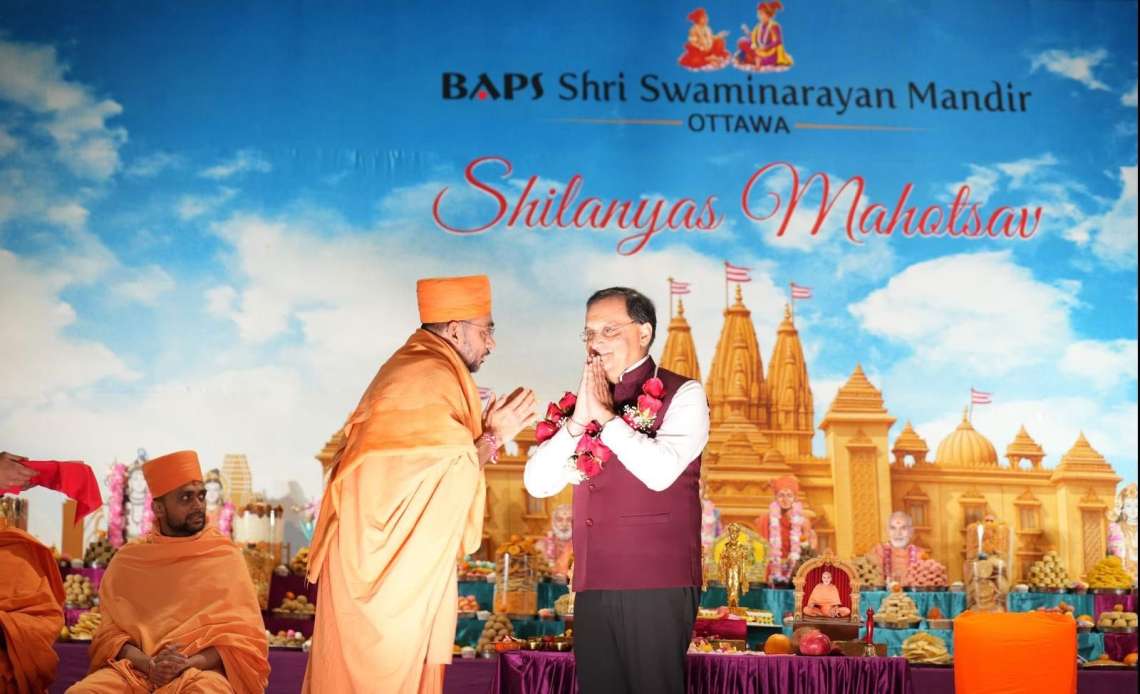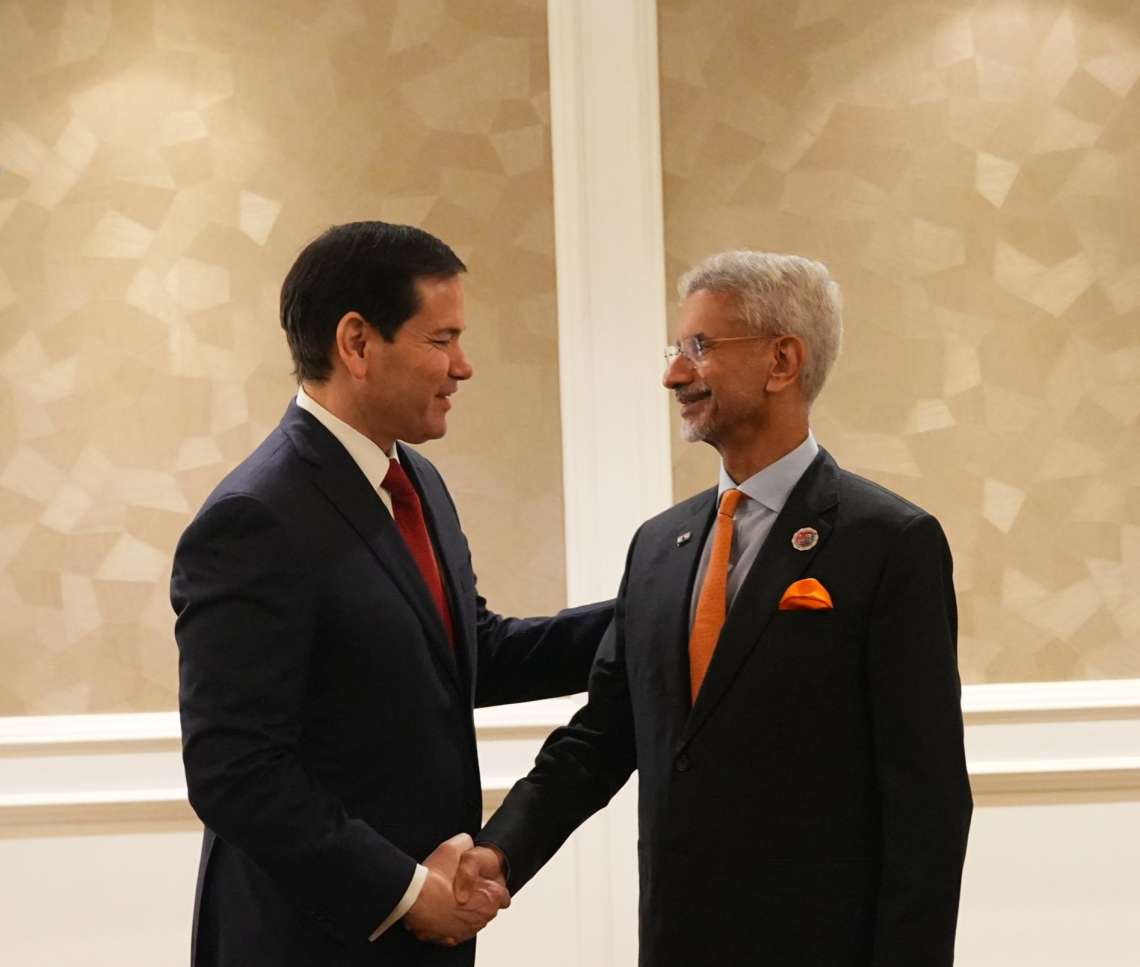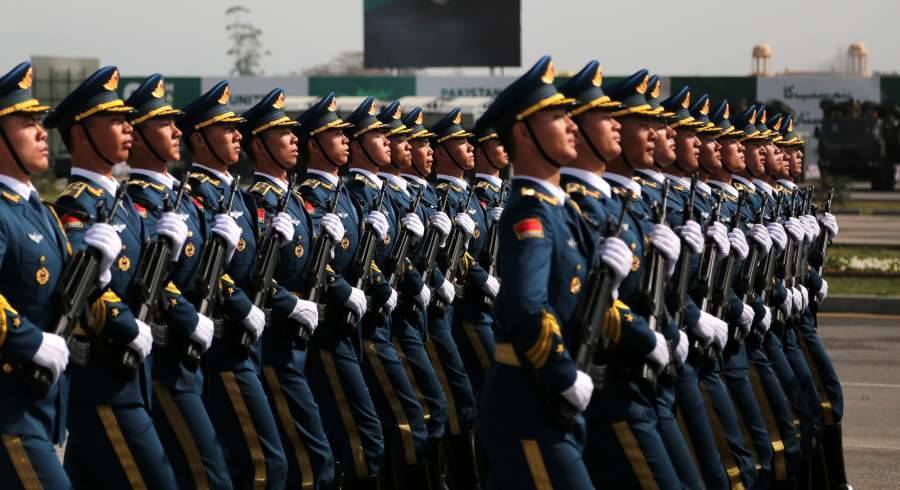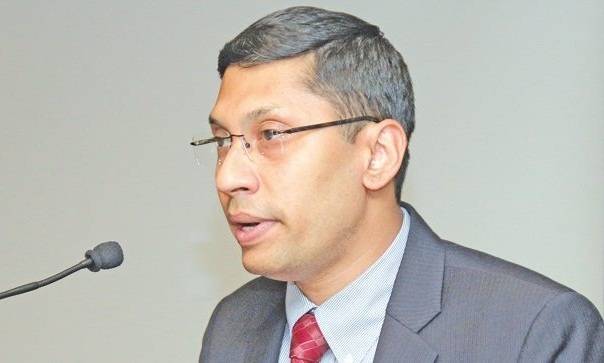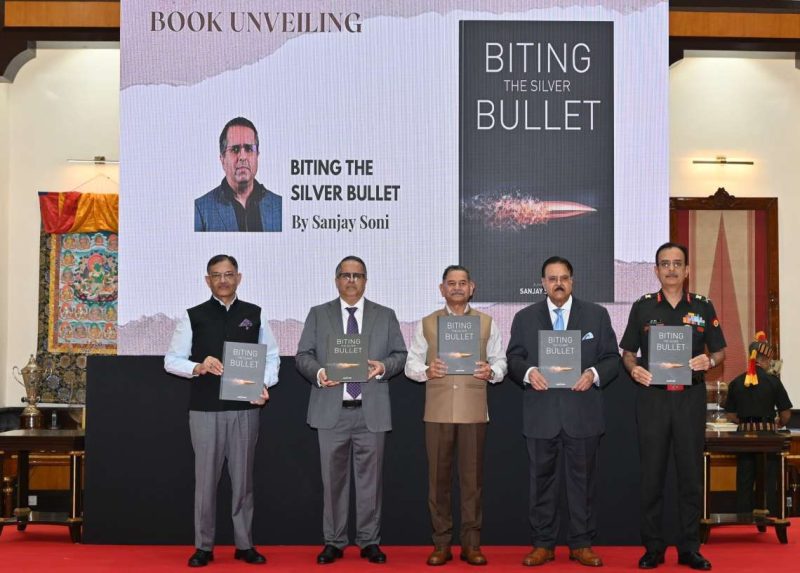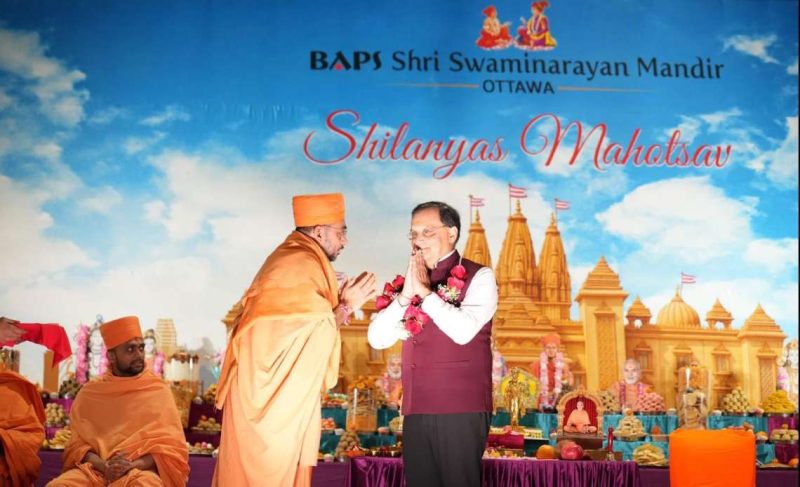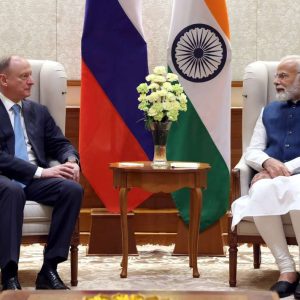The top court set aside a 2014 Andhra Pradesh High Court direction to a mother to complete the formalities for restoration of the surname and father’s surname of the child…reports Asian Lite News
The Supreme Court on Thursday ruled that a mother, being the only natural guardian of the child, has the right to decide the surname of the child, and even after the demise of her first husband, cannot be restrained from including the child in her new family and deciding the surname.
A bench of Justices Dinesh Maheshwari and Krishna Murari said: “The mother being the only natural guardian of the child has the right to decide the surname of the child. She also has the right to give the child in adoption”.
It noted that in the case of Githa Hariharan and Ors. vs. Reserve Bank of India and others, the apex court elevated the mother to an equal position as the father, bolstering her right as a natural guardian of the minor child under Section 6 of the Hindu Minority and Adoption Act, 1956.
Justice Murari, who authored the judgment on behalf of the bench, said: “After the demise of her first husband, being the only natural guardian of the child, we fail to see how the mother can be lawfully restrained from including the child in her new family and deciding the surname of the child.”
He said a surname refers to the name a person shares with other members of that person’s family, and it is not only indicative of lineage and should not be understood just in context of history, culture and lineage but more importantly the role it plays is with regard to the social reality along with a sense of being for children in their particular environment. “Homogeneity of surname emerges as a mode to create, sustain and display family,” said the bench.
The top court set aside a 2014 Andhra Pradesh High Court direction to a mother to complete the formalities for restoration of the surname and father’s surname of the child. The woman’s first husband had died in 2006, when her child was only two and a half years old. She remarried in 2007.
The child’s grandparent, from the father’s side, had urged the court to allow the child to use his biological father’s surname. The high court also passed a direction that the name of the natural father shall be shown and if it is otherwise impermissible, the name of the woman’s second husband shall be mentioned as step-father.
The woman moved the top court challenging the high court’s directions.
In July 2019, during the pendency of the present petition, the stepfather of the child adopted the child by way of registered adoption deed.
The apex court noted that the direction of the high court to include the name of the woman’s husband as step-father in documents is almost cruel and mindless of how it would impact the mental health and self-esteem of the child. “A name is important as a child derives his identity from it and a difference in name from his family would act as a constant reminder of the factum of adoption and expose the child to unnecessary questions hindering a smooth, natural relationship between him and his parents,” said Justice Murari.
The bench said: “We, therefore, see nothing unusual in an appellant mother, upon remarriage having given the child the surname of her husband or even giving the child in adoption to her husband.”
It noted that according to the Encyclopaedia of Religion and Ethics- “Adoption indicates the transfer of a child from old kinsmen to the new. The child ceases to be a member of the family to which he belongs by birth. The child loses all rights and is deprived of all duties concerning his natural parents and kinsmen. In the new family, the child is like the natural-born child with all the rights and liabilities of a native-born member.”
Justice Murari said: “Therefore, when such a child takes on to be a kosher member of the adoptive family, it is only logical that he takes the surname of the adoptive family and it is thus befuddling to see judicial intervention in such a matter.”
Setting aside the high court direction, the bench said in recent times, the modern adoption theory aims to restore family life to a child deprived of his or her biological family.
The top court noted the change of surname was also not part of the pleadings before the high court, therefore it traversed beyond pleadings and such directions are liable to be set aside on this ground.



